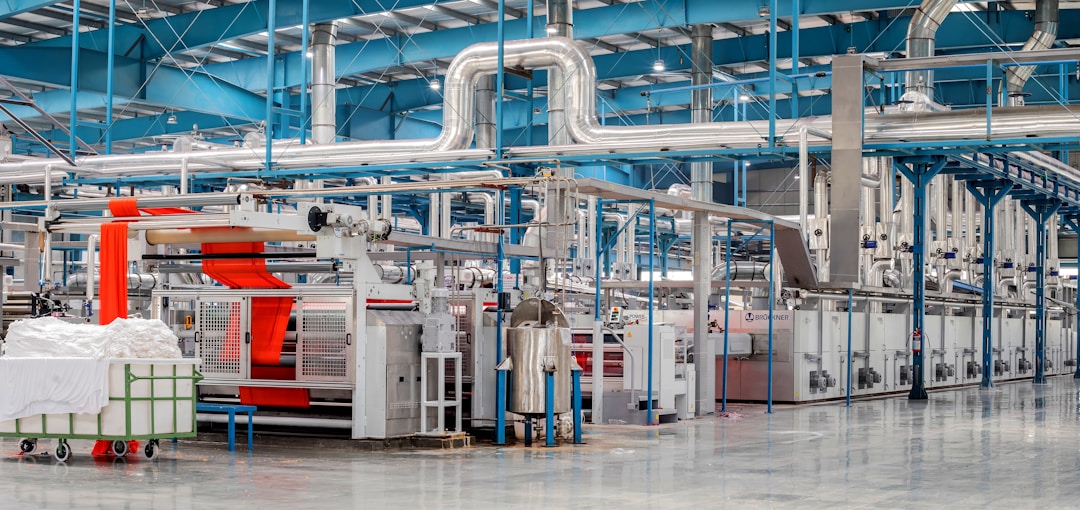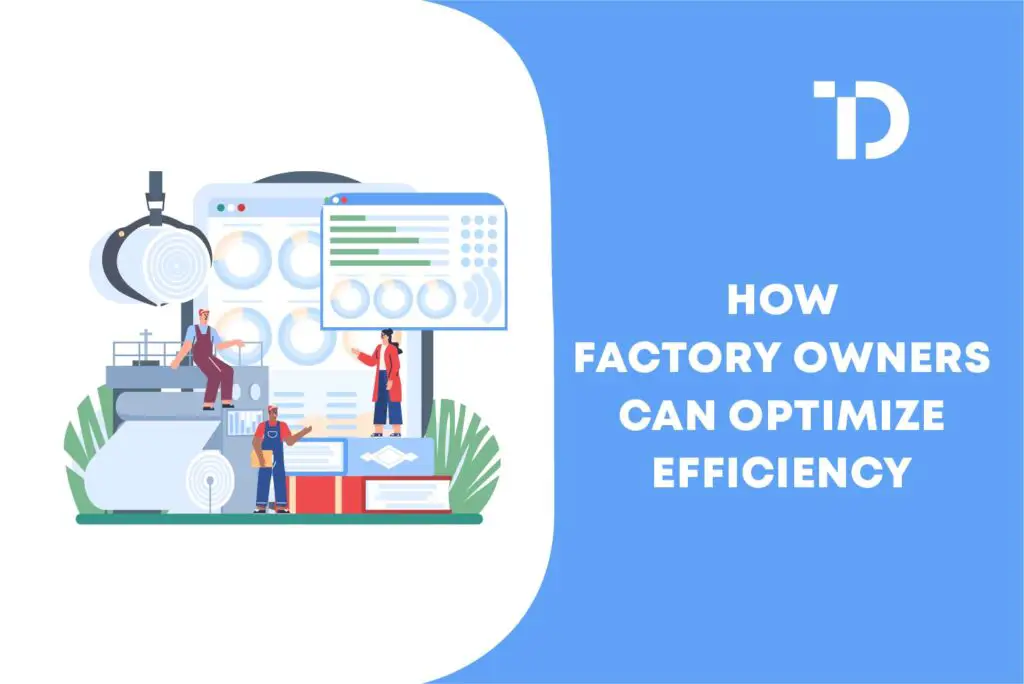In the relentless pursuit of industrial excellence, factory owners are constantly on the lookout for strategies to enhance efficiency and output. From lean manufacturing methodologies to the implementation of cutting-edge technologies, there are multiple avenues to streamline operations and boost productivity. Ensuring the smart utilization of resources, embracing perpetual improvement, and fostering an adept workforce are pillars of a thriving production environment. Below, key strategies are detailed, offering insightful methods to propel factory performance to new heights.
Implementing Automation Technologies in Production Processes

The integration of automation technologies into the factory floor is revolutionizing production processes. Robotics, for instance, can handle repetitive and physically demanding tasks with greater precision and without fatigue, allowing human workers to focus on more complex and strategic activities. This shift can significantly speed up production cycles and enhance product consistency.
With the advent of the Industrial Internet of Things (IIoT), factories can now harness the power of connected devices to monitor and optimize operations in real time. By analyzing data from sensors and machinery, manufacturers can predict maintenance needs and prevent equipment failure, thus minimizing downtime and extending the life of their machinery.
Factory owners are keen to explore industrial evaporators for sale which enhance the concentration processes through automation. The precision and energy efficiency of this production-style equipment can be a game-changer for industries like pharmaceuticals, food processing, and chemicals. Genemco is the best retailer for this type of machinery, and it’s important to invest in good-quality machinery to ensure operational efficiency.
Streamlining Supply Chain Management for Reduced Downtime
An agile supply chain is critical to the smooth operation of a factory. Downtime can often be traced back to delays or disruptions in the supply of raw materials. By cultivating strong relationships with reliable suppliers, factory owners can minimize the risk of such disruptions.
Advanced planning systems can also play a vital role in synchronizing supply chain activities. These systems can forecast demand more accurately, manage inventory levels, and plan for logistics, ensuring materials and products are where they need to be exactly when required.
Engaging a Carrollton electrician for regular maintenance and upgrades can prevent power issues that lead to unplanned stops in production. A proactive approach to electrical infrastructure maintenance goes a long way in keeping factory operations smooth and uninterrupted.
Enhancing Workforce Productivity Through Training and Incentives

Even in an increasingly automated industry, the human element remains crucial. A well-trained workforce is not only more productive but also more adaptable to changing technologies and processes. Investing in regular training programs ensures that employees stay up to date with industry best practices and safety standards.
Incentive programs can further accelerate productivity by rewarding teams and individuals for meeting and exceeding targets. Factory owners cultivate a more engaged and motivated workforce by tying rewards to performance. Nevertheless, such incentives must be carefully structured to ensure they reinforce the right behaviors and lead to sustainable productivity gains.
Mentorship and career development programs also contribute to workforce productivity. When employees see a clear career path and receive guidance from experienced mentors, they are likely to be more invested in their work and the company’s success. This translates into lower turnover rates and a stronger company culture.
Exploring Lean Manufacturing Principles for Higher Efficiency
Lean manufacturing principles center around reducing waste and optimizing workflow within production environments. At the core of lean practices lies the concept of value stream mapping, which identifies every step in the process and eliminates those that do not add value. By scrutinizing their operations through this efficient lens, factory owners can significantly trim down on unnecessary costs and time delays.
Adopting a just-in-time inventory system is another linchpin of lean manufacturing. This approach ensures materials are only ordered and received as needed, effectively reducing inventory costs and wastage. Factories that practice JIT inventory management often witness a marked improvement in cash flow and workspace decluttering, which further compounds their operational efficiency.
Adopting Continuous Improvement Practices for Long-Term Success
Continuous improvement is the heartbeat of a successful factory. The methodology encourages regular assessment and refinement of processes to eliminate inefficiencies over time. This commitment to constant evolution ensures that factories remain competitive in a dynamic market landscape.
Employing strategies such as Six Sigma can dramatically boost a company’s quality control measures. By utilizing data-driven techniques to remove defects in processes, factories can achieve near-perfect production standards. This relentless pursuit of quality translates into better products, higher customer satisfaction, and a stronger reputation.
Altogether, factory owners who embrace lean manufacturing, automation, workforce development, supply chain management, and continuous improvement practices can significantly enhance the efficiency and productivity of their operations. These strategies not only streamline processes in the short term but also pave the way for sustained industrial success in the future.
